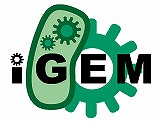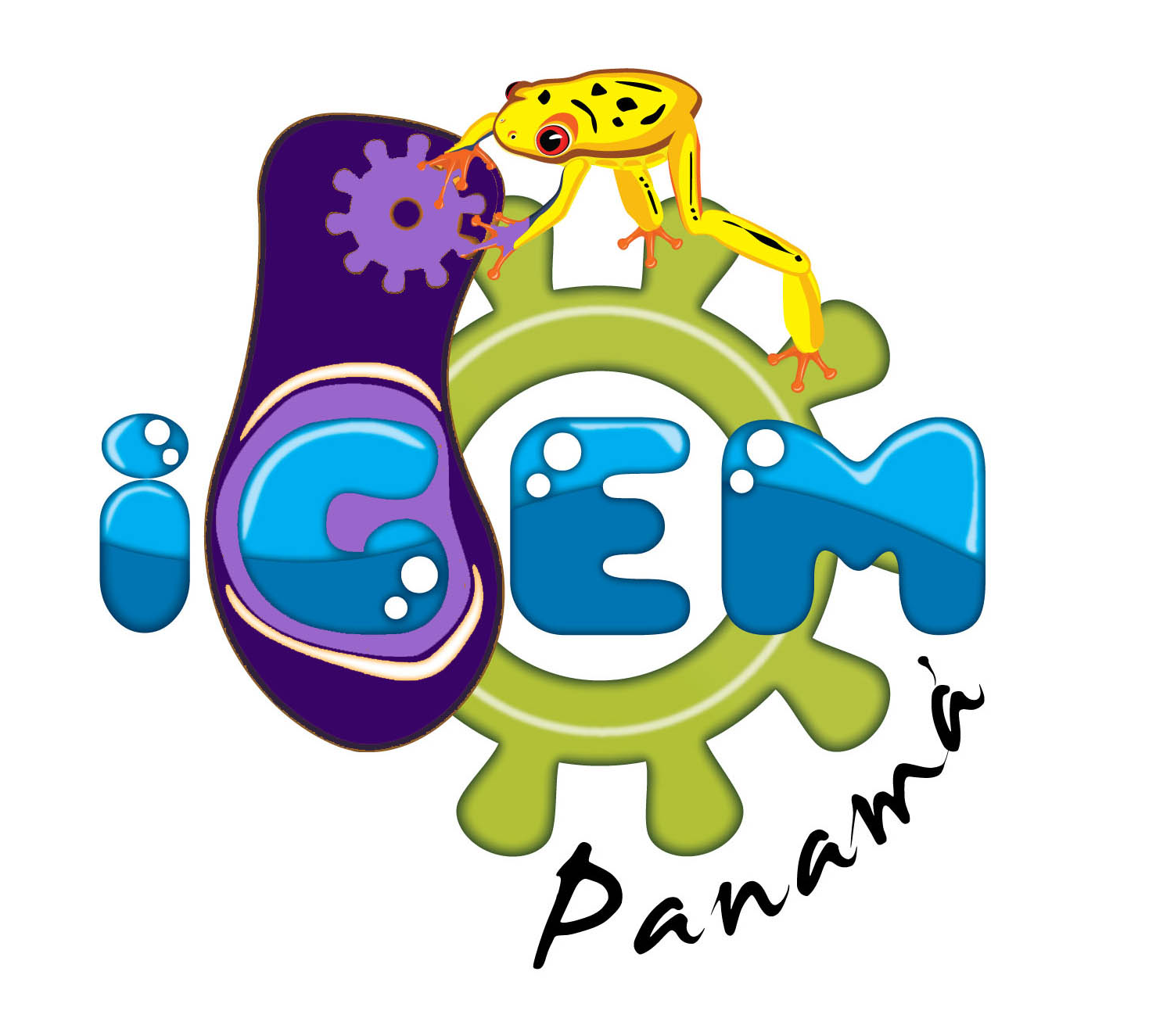Team:Panama
From 2011.igem.org
Ernestopro (Talk | contribs) |
|||
| (5 intermediate revisions not shown) | |||
| Line 2: | Line 2: | ||
| + | == ''' The Super Biosurfatator ''' == | ||
| + | |||
| + | [[File:comic_strip.jpg|699px|thumb|left|alt text]] | ||
| + | grafic design by Susan Baker (susan.baker@confettievents.biz) | ||
[[File:iGEM.jpg|up|right|100px|link=https://2011.igem.org/Main_Page]] | [[File:iGEM.jpg|up|right|100px|link=https://2011.igem.org/Main_Page]] | ||
| + | |||
| + | |||
| + | |||
| Line 13: | Line 20: | ||
'''Our SynBio Project for iGEM 2011''' | '''Our SynBio Project for iGEM 2011''' | ||
| - | Since late April 2010, the world has experienced a devastating oil spill throughout the Gulf of Mexico that has become one of the worst environmental disasters in worldwide history. Oil spills can pollute air and water and alter ecosystems for years. For this reason, last year’s Panama team designed a BioBrick that can biosynthesize rhamnolipids under the presence of rhamnose and β-hydroxyalkanoic acids. Rhamnolipids have emulsifying properties that reduce the surface tension of water, making the hydrocarbons easier to recover and biodegrade. This year we want to create a BioBrick that provides rhamnose for rhamnolipid biosynthesis and for other purposes as well. We also want to create a bioremediation system using existing biobricks that will produce the rhamnolipid | + | Since late April 2010, the world has experienced a devastating oil spill throughout the Gulf of Mexico that has become one of the worst environmental disasters in worldwide history. Oil spills can pollute soil, air, and water and alter ecosystems for years. For this reason, last year’s Panama team designed a BioBrick that can biosynthesize rhamnolipids under the presence of rhamnose and β-hydroxyalkanoic acids. Rhamnolipids have emulsifying properties that reduce the surface tension of water, making the hydrocarbons easier to recover and biodegrade. This year we want to create a BioBrick that provides rhamnose for rhamnolipid biosynthesis and for other purposes as well. We also want to create a bioremediation system using existing biobricks that will produce the rhamnolipid and others to the task of biodegrading the hydrocarbons. The system will be designed to operate with a lysis gene that will kill the cells, this is for control the bacteria population during the bioremediation of the contamination site. But first we need to re-design and re-construct our 2010 BioBrick in order to provide '''Quality'''. |
| + | |||
| + | [[File:IGEM LOGO.png|up|300px|thumb|center|alt text]] | ||
Latest revision as of 02:54, 29 September 2011
Welcome to iGEM Panama Wiki
The Super Biosurfatator
grafic design by Susan Baker (susan.baker@confettievents.biz)
Abstract
Our SynBio Project for iGEM 2011
Since late April 2010, the world has experienced a devastating oil spill throughout the Gulf of Mexico that has become one of the worst environmental disasters in worldwide history. Oil spills can pollute soil, air, and water and alter ecosystems for years. For this reason, last year’s Panama team designed a BioBrick that can biosynthesize rhamnolipids under the presence of rhamnose and β-hydroxyalkanoic acids. Rhamnolipids have emulsifying properties that reduce the surface tension of water, making the hydrocarbons easier to recover and biodegrade. This year we want to create a BioBrick that provides rhamnose for rhamnolipid biosynthesis and for other purposes as well. We also want to create a bioremediation system using existing biobricks that will produce the rhamnolipid and others to the task of biodegrading the hydrocarbons. The system will be designed to operate with a lysis gene that will kill the cells, this is for control the bacteria population during the bioremediation of the contamination site. But first we need to re-design and re-construct our 2010 BioBrick in order to provide Quality.
 "
"


